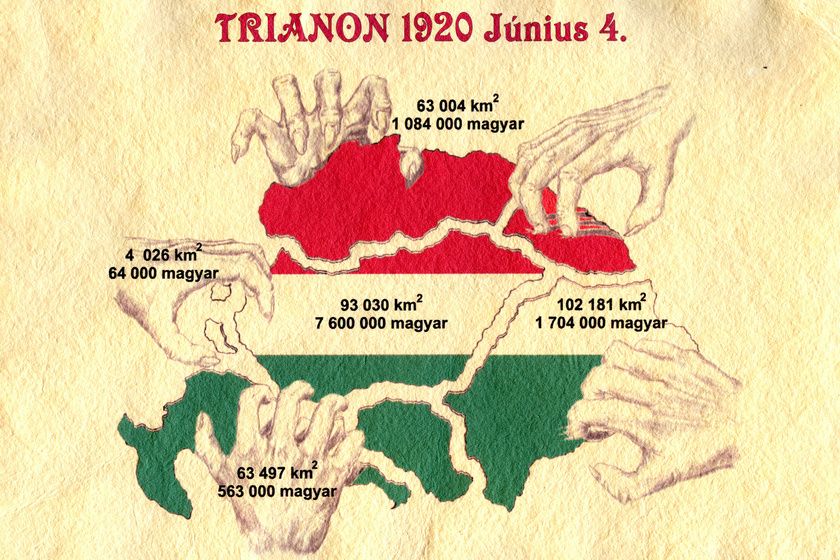Hey, your question is kinda weird. And I mean it in a supportive way. Your understanding of borders and languages is wrong.
Country border aren't language borders. If the local dialect is preserved, both sides of the border can probably communicate. If not, then it becomes a question of what dialect became the standard language? are a lot of people crossing the borders regularly? which side of the border has a higher interest learning the other language?... And so much more.
I personally know a couple languages and some are from neighbors countries. I can cross the border in less than an hour. If I talk to someone from the other side in "our" dialects, we might experience the way the other person is talking as odd but we understand each other. But those who don't know their local dialect, have a very hard time catching on, while tbh i don't know why. Maybe because I know both languages, I see the similarities and they don't and get confused by differences. On my side of the border, most natives speak the other country's language fluently, for economical reasons. On the other side, it is unusual to find someone who can speak our language, and the local dialect.
In short, you will get a mixed bag of responses and there are patterns and reasons for it but you are kinda asking the wrong question to get a meaningful answer.
A practical example and the araising questions, in Belgium people speak a bunch of languages, french, German and Flemish(/dutch). Based on what I heard, the french part of the country doesn't tend to speak Flemish and the Flemish part doesn't speak french (or at least don't want to). Does the french part speak the language of their neighbor, as they speak french, or not because it is also their own language? Is Flemish a language or just a dutch dialect? What about the German speaking part? If a Belgian learned french in school, while living in Flanders, would move to the french border, would that count as speaking their neighbors language? Or not?
I like your question but it is unfortunately one based in a flawed belief/thinking.
